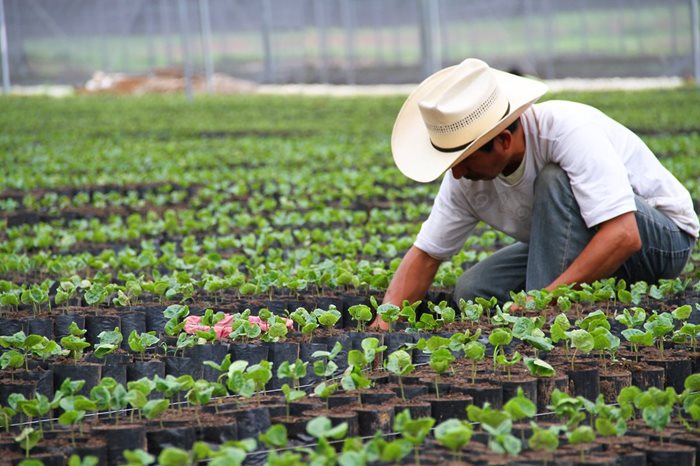Starbucks’ largest Sustainability Bond to date issued amid ongoing pressure on coffee producers from low commodity prices and climate change

Low coffee prices have prompted the world's largest producer, Brazil, to review how minimum pricing is calculated
The new Sustainability Bond will support Starbucks' ethical coffee sourcing and its Greener Retail Initiative, which aims to create 10,000 environmentally friendlier stores by 2025.
In a press statement, the US coffee chain also confirmed part of the funds will support a new $20m equity investment to provide financing to coffee communities in Latin America, Africa and Asia to replace old coffee trees buy new equipment and improve quality and productivity.
“The bond demonstrates Starbucks commitment to meaningful, continual progress toward our aspiration of sustainable coffee, served sustainably. It also illustrates a trend toward heavier interest from investors in our socially and environmentally focused projects – in this case supporting coffee farmers and leading in green retail,” said Starbucks CFO, Patrick Grismer.
The new Sustainability Bond is Starbucks’ third such investment in sustainable coffee farming following a US$500m offering in 2016, and an 85bn Japanese Yen offering in 2017. All three bonds aim to promote ethically sourced coffee through purchasing Coffee and Farmer Equity (C.A.F.E.) Practices-verified coffee and supporting agronomy research and development/support centres.
The bond issue comes amid sustained and historically low coffee commodity prices that have pushed many of the world’s coffee producers to the brink. In September 2018, the World Coffee Producers Forum, which represents producer associations from Colombia, Brazil, India, Africa and Central America, made a direct plea to roasters and consumers to tackle unsustainable coffee prices that are damaging producer communities.
In late-2018, Starbucks become one of the first major chains to respond directly to the crisis,
committing a $20m relief package to subsidise its Central American smallholder suppliers in Nicaragua, Guatemala, Mexico and El Salvador. Around the same time, fellow US coffee chain, Dunkin’, announced a $2m financial contribution and five-year agreement with World Coffee Research (WCR) to boost coffee farm climate resilience and profitability.
In May 2019, Brazil’s Agriculture Ministry said it would reassess the methodology used to set the government’s minimum guarantee prices for coffee. The move came after criticism from farmers that current values do not meet production costs and were exacerbating low global coffee prices already at their lowest for more than a decade.